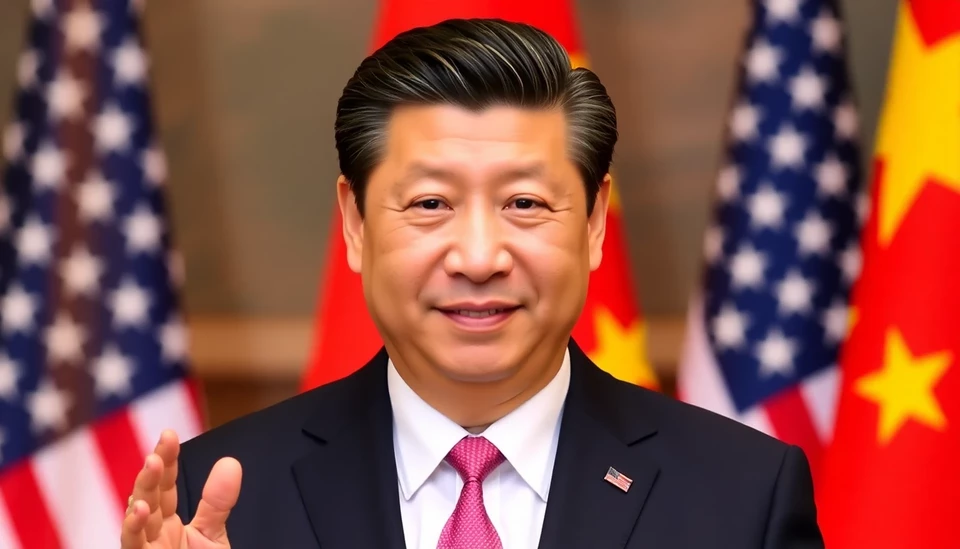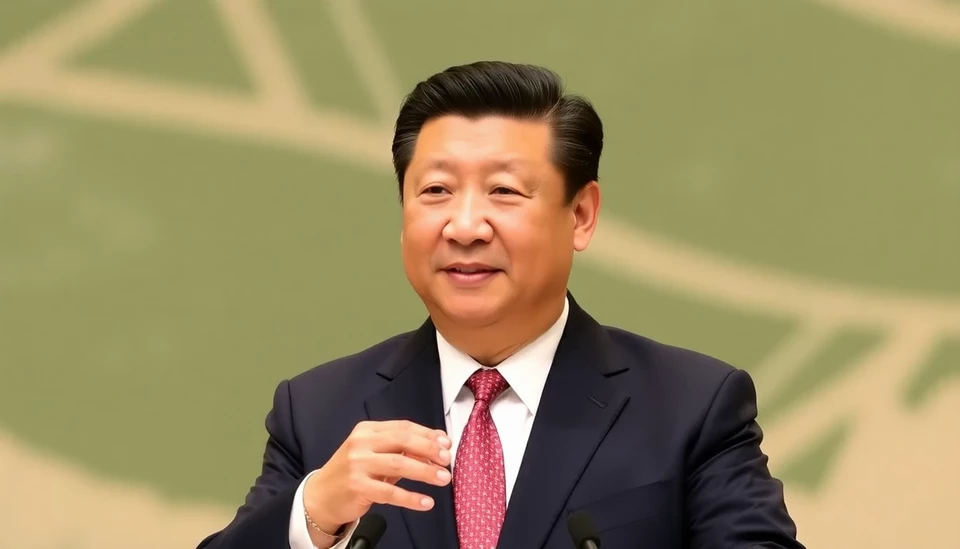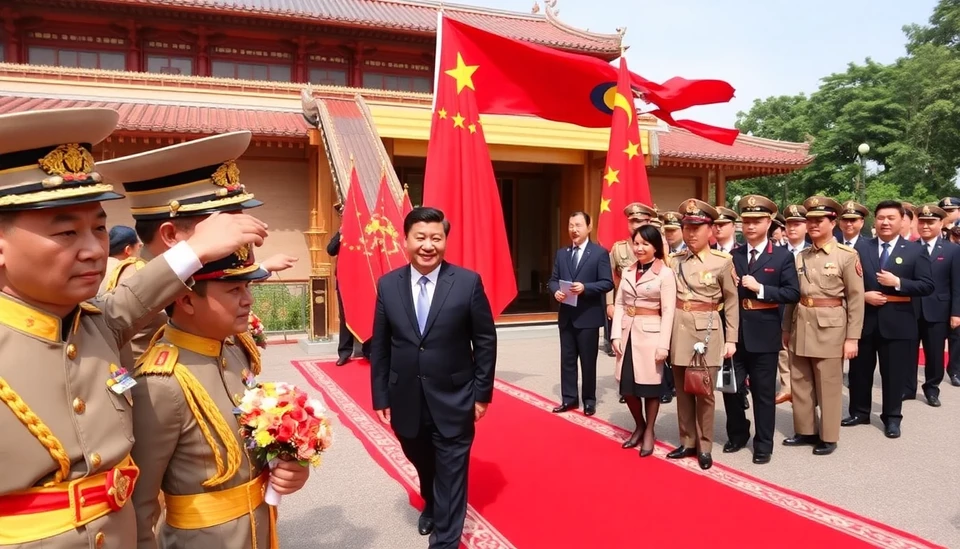
In a strategic move exemplifying the ongoing geopolitical tug-of-war in Southeast Asia, Chinese President Xi Jinping is ramping up efforts to enhance China's influence in the region. This comes at a time when former U.S. President Donald Trump is considering offering economic incentives, including tariff relief, to charm Southeast Asian nations. The unfolding situation reflects a renewed focus on alliances and economic partnerships in a region seen as pivotal to global trade dynamics.
During a recent summit in Indonesia, Xi outlined a vision for strengthening economic ties with ASEAN member states, affirming China's commitment to infrastructure investments, trade partnerships, and regional stability. His approach includes a series of initiatives designed to address the pressing needs of Southeast Asian countries, focusing on technology transfer, sustainable development, and poverty alleviation.
The backdrop of Xi's enhanced diplomatic maneuvering is a potential change in U.S. trade policy as Trump deliberates over a substantial tariff reduction on goods imported from Asia, which may benefit allied nations economically. Trump's consideration importantly signals a shift toward engaging Southeast Asian economies, which have become crucial players in the global supply chain.
China has been facing increasing competition from the U.S. for influence in the region, particularly as Beijing's assertiveness in the South China Sea has drawn criticism from multiple quarters. Southeast Asian countries, however, are navigating between the two powers carefully; they seek to leverage their positions to gain economic benefits without alienating either side. Xi's visit to Indonesia, in particular, is seen as an attempt to showcase China as a cooperative partner, especially for nations wary of the increasing U.S. presence in the area.
Moreover, analysts opine that Xi's proactive stance and Trump’s tariff negotiations may set in motion a new phase of economic diplomacy in Southeast Asia, potentially reshaping trade relationships and geopolitical alliances. Nations such as Vietnam, Thailand, and the Philippines are expected to play a crucial role as they weigh offers from both superpowers, making the region a hotbed for international diplomatic interactions.
As these developments unfold, the coming months will be critical in assessing how effectively both Xi and Trump can secure strong ties with Southeast Asian nations, capitalizing on their unique offerings to navigate the complexities of modern trade and diplomacy.
With global economic recovery still in flux in the wake of the pandemic, the strategies employed by both leaders will be closely monitored by policymakers and analysts worldwide, eager to understand the implications for international relations and economic stability in the region.
As maneuvers from both sides intensify, Southeast Asia stands at a crossroads, with its nations weighing the prospects of economic growth against the backdrop of strategic competition. This complex dance between the U.S. and China will undoubtedly shape the future landscape of Southeast Asia, impacting not just regional dynamics but global trade architecture as well.
#XiJinping #SoutheastAsia #Trump #TariffRelief #ChinaUSRelations #ASEAN #GlobalTrade #Diplomacy
Author: Rachel Greene




